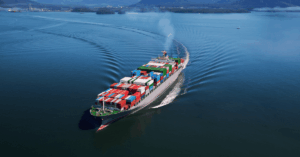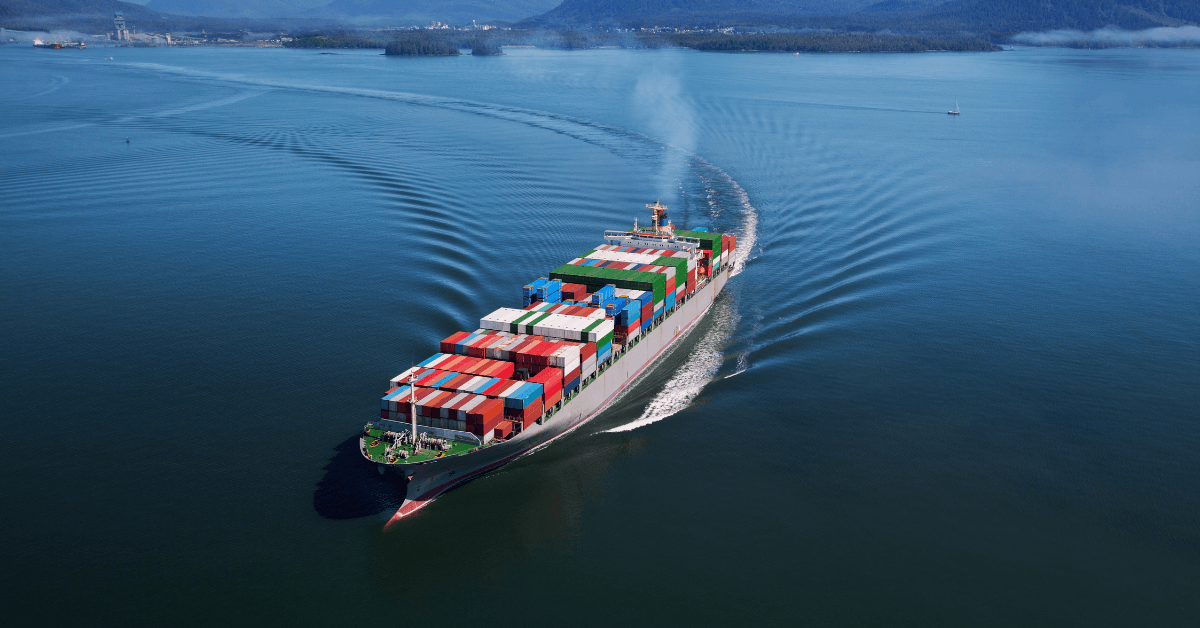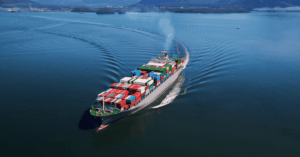When the draft deal was first voted on, 63 states backed it, 16 opposed, and 24 abstained. The deal needs a majority to be adopted in October, but observers warn the result could be uncertain if more countries choose to abstain under U.S. pressure.

Wreck Of WWI-Era Submarine U16 Raised From North Sea After 106 Years
September 4, 2025
Major Fire Leaves Trawler At Pier In Ribeira With Heavy List, Salvors Avert Capsizing
September 4, 2025

The United States has warned countries to reject a United Nations plan aimed at cutting fuel emissions from ships or face retaliation in the form of tariffs, port levies, and visa restrictions, according to U.S. and European officials.
The warning is linked to a draft deal reached in April through the U.N.’s International Maritime Organisation (IMO). The draft agreement proposed a fee on ships that exceed international carbon emissions standards.
Supporters of the plan said it was designed to accelerate the decarbonisation of global shipping, which accounts for nearly 3% of worldwide carbon dioxide emissions. With about 90% of global trade carried by sea, experts have cautioned that emissions will rise sharply without an agreed system to control them.
Washington withdrew from the talks in April before the draft deal was finalised. In August, the U.S. government warned it would act against countries backing the framework, arguing it unfairly burdened the shipping industry while doing little to cut emissions.
Recently, the U.S. State Department has contacted other IMO member nations, urging them not to back the proposal known as the “Net-Zero Framework,” four sources familiar with the matter said.
The Dutch government confirmed that it had received a direct warning from U.S. officials. According to a spokesperson for the Dutch Ministry of Infrastructure and Water Management, American representatives cautioned that the Netherlands could face tariffs or other retaliatory actions if it backed the framework’s adoption.
The IMO, which is headquartered in London and has 176 member states, is responsible for regulating shipping safety, security, and pollution prevention. An IMO spokesperson said the October session would be the right opportunity for countries to raise concerns before any adoption takes place.
Reference: Reuters
Source: Maritime Shipping News


